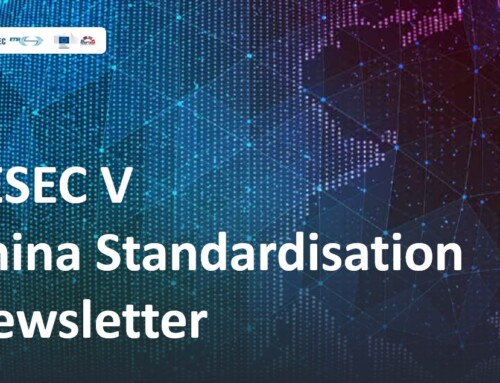On July 5, 2024, the Standardization Administration of China (SAC) released the Notice on the Review of Mandatory National Standards in 2024 (hereinafter referred to as the Notice). The Notice is issued to 24 competent authorities responsible for standards in their own fields. The review is legally grounded in the Standardization Law of China and the Measures for Administration of Mandatory National Standards (hereinafter referred to as the Measures), which require that the competent authorities review the mandatory national standards in their respective fields, and draw conclusions of maintaining, revising or withdrawing the standards.
A total of three rounds of review have been initiated by SAC since 2021. This new round of review involves 280 mandatory standards in China – the full list is annexed to the Notice, together with the templates for reporting. The methodology varies depending on the specific aspects under review and includes questionnaire surveying, expert evaluations, research on enterprises, etc.
Scope of the review
The review involves all the mandatory national standards that, by the end of 2024, will have concluded five years of implementation or that have not been reviewed for five years. The exception is represented by those standards for which revision plans have been issued or proposed. The list of standards to be reviewed is included in Annex 1. Standards not included in Annex 1 may also subject to the review as required.
Considerations for the review
The review mainly considers four aspects: relevancy, operable and verifiable issues, timeliness, and coordination issues. The following is a brief summary of each consideration, corresponding to specific articles of the Measures. According to the Notice, if the conclusion of the review is “withdraw”, sufficient justification should be given in general, and the corresponding transitional period should be specified.
Relevancy. The main considerations are whether the subject (either products, processes, or services) is still in use and whether the new products, crafts, technology, or services are covered by the standard. If they are outdated, the competent authorities are required to withdraw the standard. If it is only a coverage issue as mentioned, a “revision” conclusion should be given.
Operable and verifiable issues. The review also considers whether the technical requirements in the standard are operable and verifiable and whether the standard specifies the verification methods. Based on the result, the competent authorities shall decide if they need to arrange the revision of the standard. Additionally, if only provisions in the standard are mandatory, a “revision” conclusion should be given.
Timeliness. The timeliness is interpreted from three aspects:
- The standard shall reflect the level of industrial development, and meet the requirements for public health, safety and environmental protection.
- The standard shall be aligned with the latest international or foreign technical regulations or standards.
- The referenced documents of the standard shall be effective and keptup to date.
If the standard fails to meet the above requirements, the competent authorities are obliged to draw the conclusion of “revision”.
Coordination. According to the Measures, the standard shall be in coordination with currently enforced legislation, departmental rules and other mandatory national standards or national industrial policies. If there is inconsistency, the revision of the standard becomes necessary.
In conclusion, SAC initiated this new round of mandatory national standards review and allocated the work to competent authorities as required by the legislation. Foreign stakeholders are recommended to go through the full list of standards to be reviewed, and monitor the outcome of the review in order to identify any adjustment of mandatory national standards that might affect market access.




